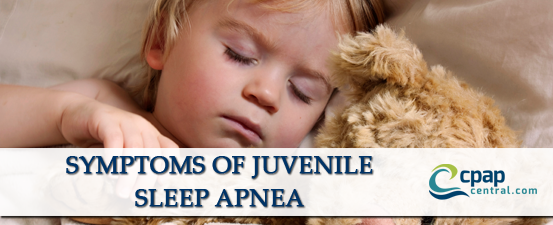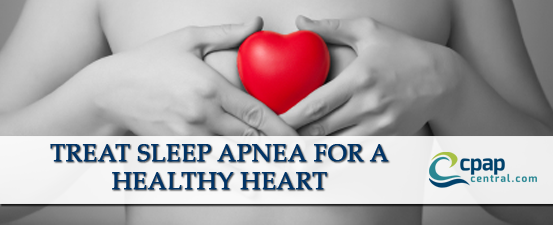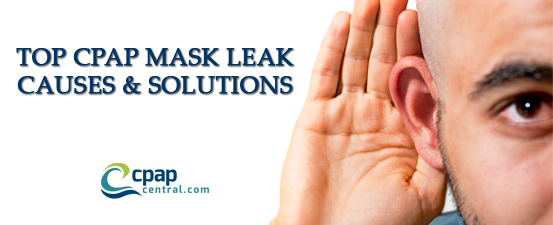
Children can have sleep apnea too; learn more about juvenile sleep apnea below.
If someone mentions sleep apnea, what is the first image that comes to mind? A heavy set, older gentleman with a thick neck? Statistically, this segment of people are the most likely to be affected by sleep apnea, however they are not the only ones living with sleep apnea. Sleep apnea affects millions of Americans including men, women, and children.
While sleep apnea is most prevalent among adults, CPAPCentral.com wants to raise awareness of sleep apnea in children. It is estimated that between 1 and 4 percent of children face the effects of juvenile sleep apnea. That may not sound like a large number. However, approximately 18 million Americans have been diagnosed with the sleep apnea, which means between 180,000 and 720,000 children are affected by juvenile sleep apnea.
Untreated Juvenile Sleep Apnea can Spark Other Issues
Juvenile sleep apnea, if left untreated, can lead to other issues like slowed growth and development, sleep walking, bed wetting, difficulty with attention, and trouble learning from lack of sleep. CPAPCentral.com encourages you to monitor your child’s sleeping patterns just as you would their daily activities, especially if their snoring is accompanied with gasping. Other symptoms of juvenile sleep apnea include sleeping in unusual positions, day-time sleepiness, and labored breathing while sleeping. If you notice any of these symptoms, you should talk with your family doctor.
Treatment Options for Juvenile Sleep Apnea
The most common type of sleep apnea in both children and adults is obstructive sleep apnea. For children, treatment options often require a surgical procedure to remove the child’s tonsils and adenoids, another form of tonsils which typically eliminates most of the sleep apnea issues. According to the American Sleep Apnea Association, this surgery procedure can eliminate the problem between 70 and 90 percent of the time in uncomplicated cases.
If you feel your child has juvenile sleep apnea, talk with your doctor. If surgery is not necessary for your child or your doctor wishes to use sleep apnea treatment with CPAP therapy, contact the CPAP experts at CPAPCentral.com to see how we can help!



